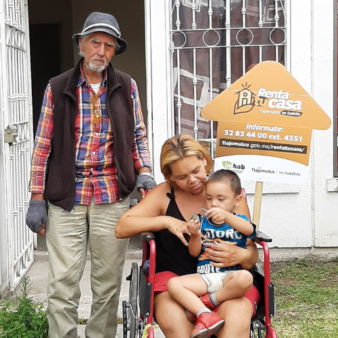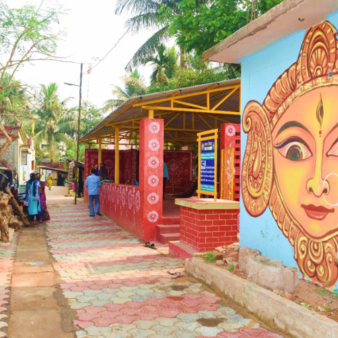
The first volume in a series of two which seeks to fill the knowledge gap in the understanding of participatory rural habitat processes.
The book comprehensively reviews 13 case studies in South Asia demonstrating how communities can be involved in developing and maintaining the rural habitat process. By setting out a framework for analysis, it identifies the key processes and transferable lessons from each study and recommends ways of scaling up good practices and promoting the up-take of such projects.
The authors conclude that with:
- the transfer of knowledge and skills to encourage self help,
- resource mapping and efficiency of resource usage,
- designing innovative financing mechanisms,
- lobbying for increased investment by governments, corporate sectors and agencies
integrated development of sustainable habitats, community infrastructure and livelihoods can be achieved.
Order from Development Alternatives



Join the discussion